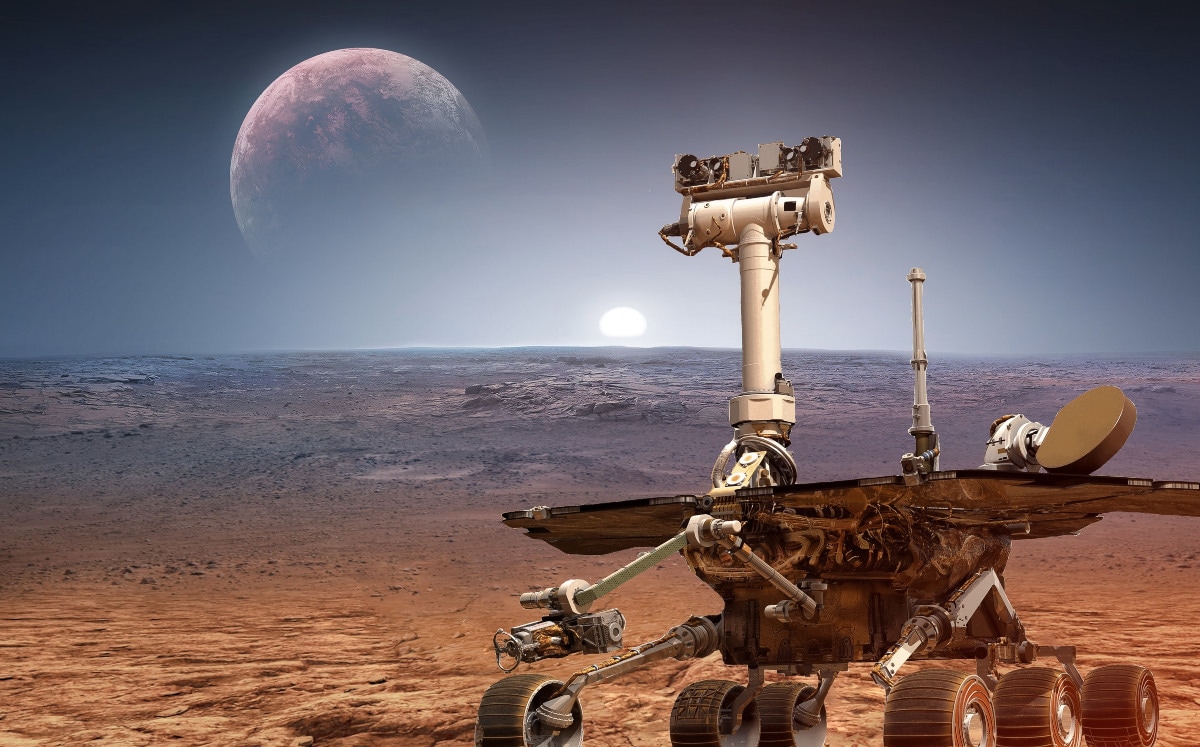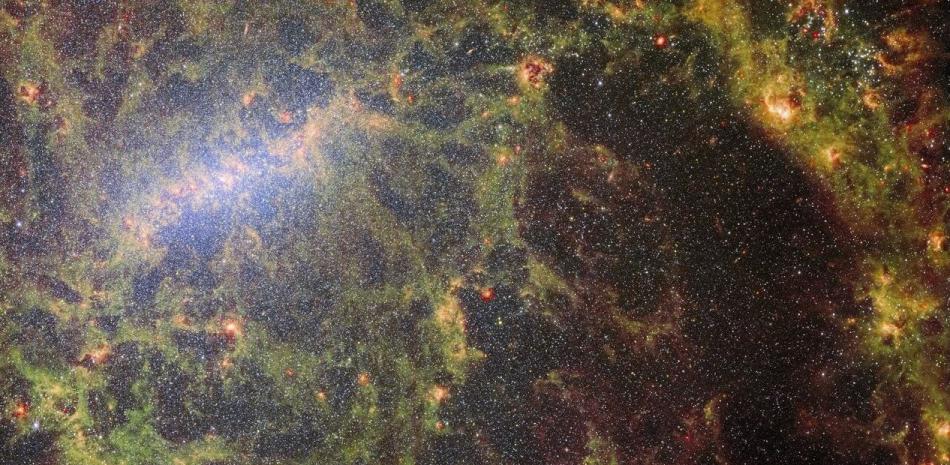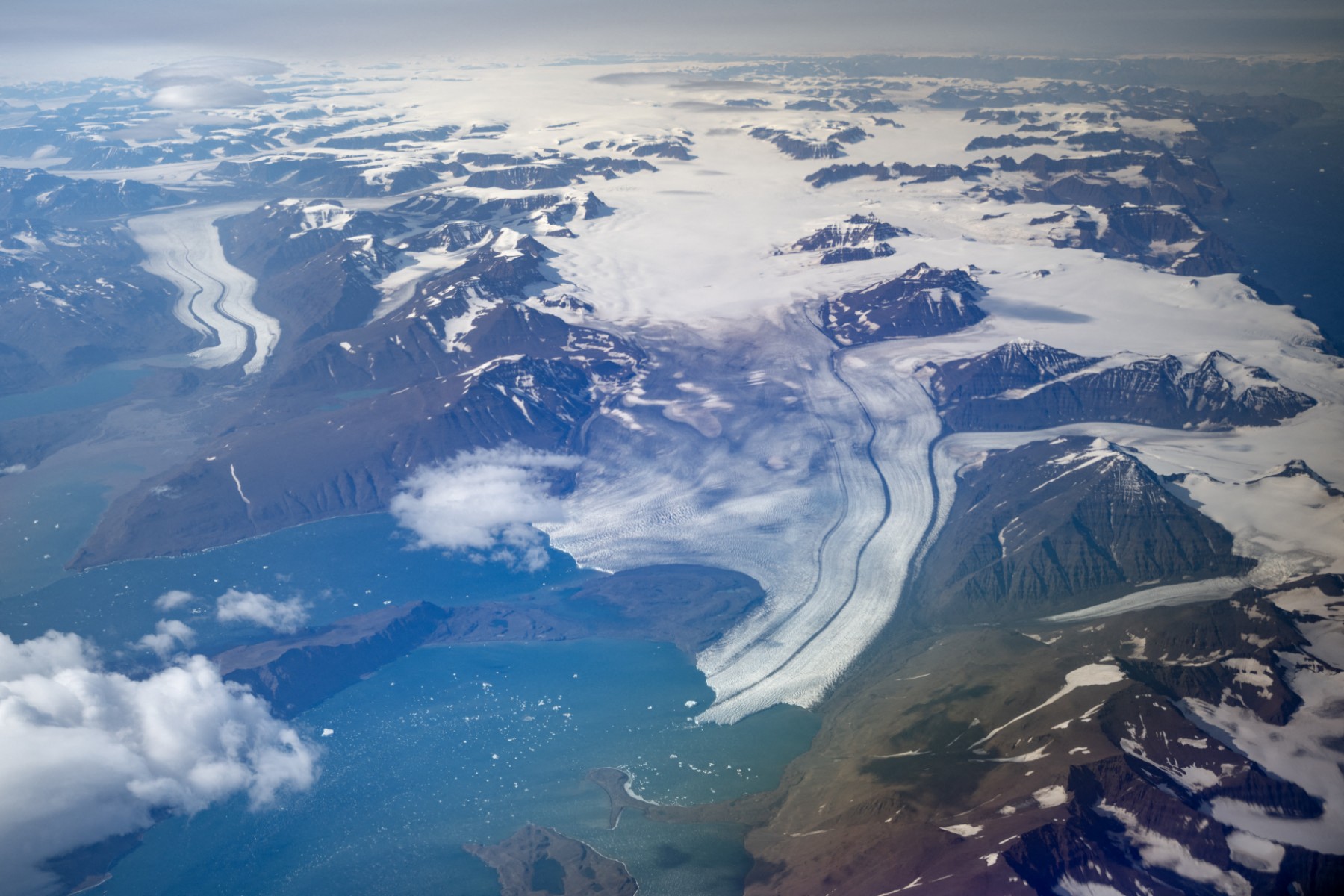Madrid /
Stunned by the sprawling terrain, the group NASA’s Curiosity rover mission to Mars Created the art image of the scene of the robot vehicle on the mountain of Mars.
The image was taken from its most recent position on the slope of Mount Sharp on Mars. The mission team was “so impressed with the beauty of the landscape” that they combined two versions of black and white images from different times of the day to add color. Rare postcard of the Red Planet, According to NASA.
Curiosity captures a 360-degree view of your surroundings with its black and white navigation cameras at the end of each trip. To make it easier to send the resulting panorama to Earth, the rover keeps it in low quality compressed form. But when viewed from Curiosity’s most recent stopping point by the rover team, the aerospace company explains in a statement that the best quality non-captured image capable of navigational cameras was quite beautiful.
Congratulations from the heights of Mount Sharp on Mars! My team combined two black-and-white images from different times of the day and added colors to create this art landscape. There is beauty around us when we inspire ourselves.
Your truth, curiosityhttps://t.co/VEjQhuBjFy pic.twitter.com/JxLregYifY
– Curiosity Rover (@ Mars Curiosity) November 23, 2021
Rover’s most impressive panoramas come from a multi – colored mastcam tool with higher resolution than navigation cameras. That’s why the teams have added their own colors in this last film. The colors blue, orange and green are not visible to the human eye; Rather, they refer to a scene seen at different times of the day.
What can we see in the photo taken by the Curiosity rover on Mars?
On November 16, 2021, engineers commissioned Curiosity to take two sets of mosaics or mixed images, which were shot at 8.30 am local time and 4.10 pm local time. The two hours of the day provided different light conditions, which revealed different natural details. The group then combined the two scenes into one art form in which the elements of the morning scene are in blue, the evening scene in orange and both in green.
At the center of the image is a view of Mount Sharp, the 5,000-meter mountain that Curiosity has been climbing since 2014. Round hills in the center-right in the distance; In July, when the rover began to see mysterious changes in the landscape, Curiosity took a closer look at them. The field of sand waves known as the “Sands of Forvie” stretches for 400 to 800 meters.
Pro, cool here. It must be winter in my hemisphere!
My REMS, or Rover Environmental Monitoring Station, provides daily weather reports and takes dust surveys to measure seasonal changes over time. It is one of the many instruments used to study the weather on Mars. pic.twitter.com/tgDDMZ1xWj– Curiosity Rover (@ Mars Curiosity) November 15, 2021
To the right of the panorama is the rugged “Rafael Navarro Mountain”, named after the late Curiosity team scientist earlier this year. Behind him is the summit of Sharp Mountain above the Curiosity Exploration Area. Mount Sharp is within the Gale Crater, which is a 154-kilometer-wide bed by an ancient impact; The distant edge of the Gale Greater is 2,300 meters high and visible on the horizon at 30 to 40 kilometers.
lnb





:quality(85)/cloudfront-us-east-1.images.arcpublishing.com/infobae/KTKFKR763RBZ5BDQZJ36S5QUHM.jpg)